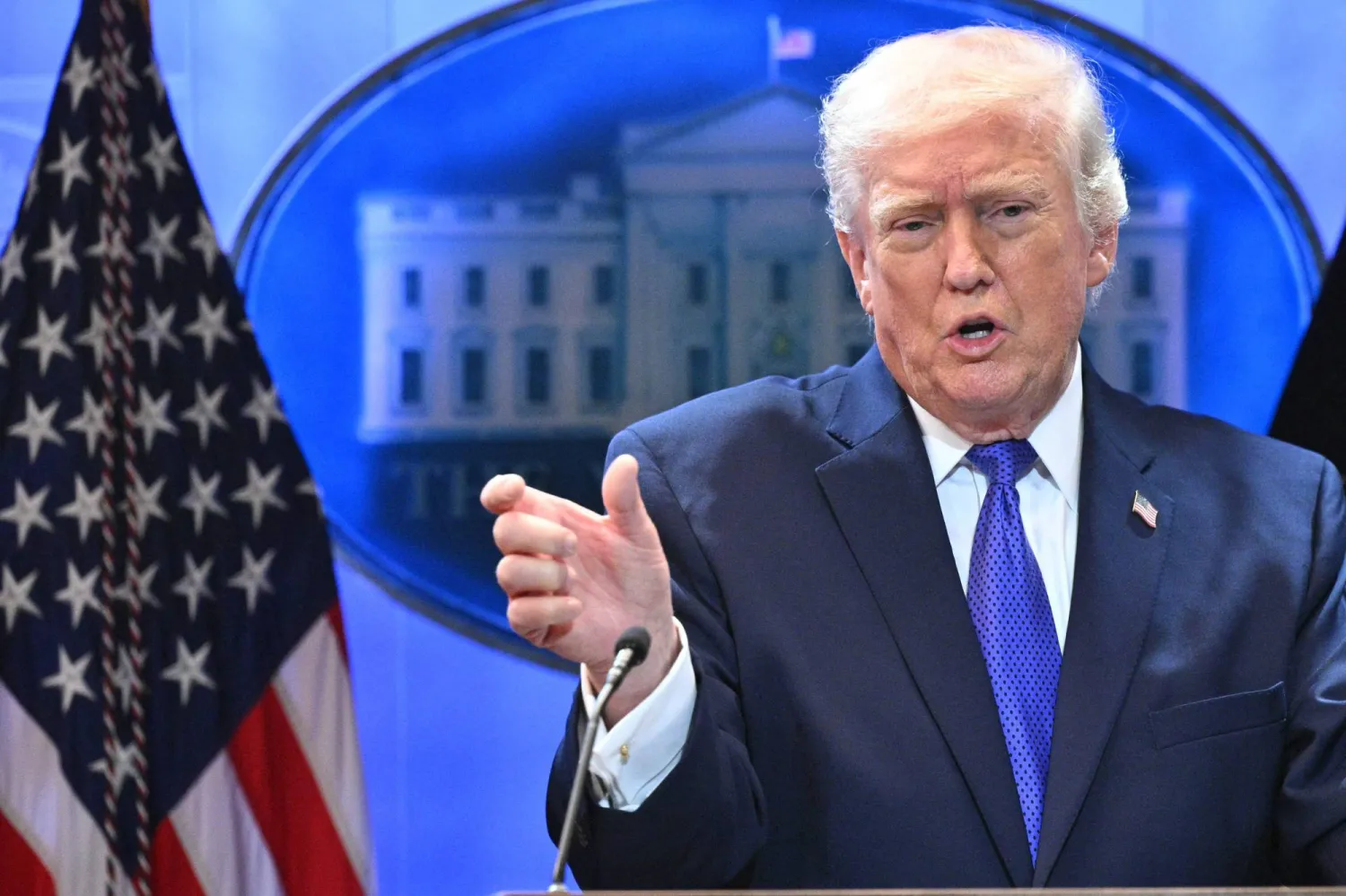More details emerged Sunday about those killed when a man drove a car at speed through a Christmas market in Germany, while mourners continued to place flowers and other tributes at the site of the attack.
Police in Magdeburg, the central city where the attack took place on Friday evening, said that the victims were four women ranging in age from 45 to 75, as well as a 9-year-old boy they had spoken of a day earlier.
Authorities said 200 people were injured, including 41 in serious condition. They were being treated in multiple hospitals in Magdeburg, which is about 130 kilometers (80 miles) west of Berlin, and beyond.
Authorities have identified the suspect in the Magdeburg attack as a Saudi doctor who arrived in Germany in 2006 and had received permanent residency.
The suspect was on Saturday evening brought before a judge, who behind closed doors ordered that he be kept in custody pending a possible indictment.
Police haven’t publicly named the suspect, but several German news outlets identified him as Taleb A., withholding his last name in line with privacy laws, and reported that he was a specialist in psychiatry and psychotherapy.
Describing himself as a former Muslim, the suspect appears to have been an active user of the social media platform X, accusing German authorities of failing to do enough to combat what he referred to as the “Islamification of Europe.”
The horror triggered by yet another act of mass violence in Germany make it likely that migration will remain a key issue as German heads toward an early election on Feb. 23.
The far-right Alternative for Germany party had already been polling strongly amid a societal backlash against the large numbers of refugees and migrants who have arrived in Germany over the past decade.
Right-wing figures from across Europe have criticized German authorities for having allowed high levels of migration in the past and for what they see as security failures now.
Hungarian Prime Minister Viktor Orban, who is known for a strong anti-migration position going back years, used the attack in Germany to lash out at the European Union’s migration policies.
At an annual press conference in Budapest on Saturday, Orban insisted that “there is no doubt that there is a link between the changed world in Western Europe, the migration that flows there, especially illegal migration and terrorist acts.”
Orban vowed to “fight back” against the EU migration policies “because Brussels wants Magdeburg to happen to Hungary, too.”









